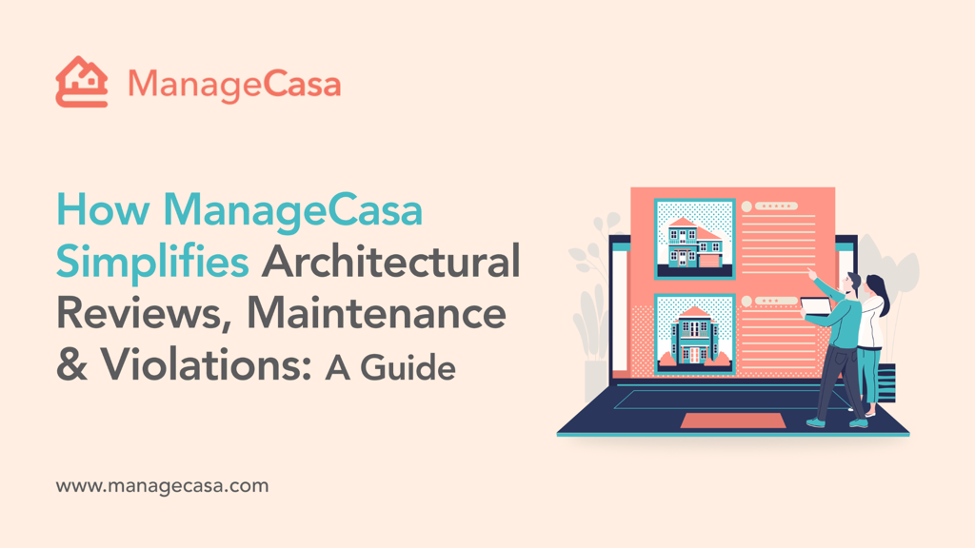Mastering Single-Family Rental Properties
Single-family houses remain the gold standard for residential real estate investment.
And after a difficult pandemic/high-interest rate period, resale houses are being put back on the market in 2024. The opportunity for SFR is growing.
For small landlords, the single-family housing market is the one they’re most enthusiastic about. Home values look solid and rent prices continue rising.
SFR homes are increasingly on the minds of corporate investment firms, who are diversifying into the SFR market. They’ve discovered they can manage them profitably at scale using modern property management software and solid tenant management strategies.
Corporations only own 2% of SFR stock but they’re growing, and some of that is via built-to-rent developments. As this graphic from JCHS Havard University shows, corporate investors are moving into the small landlord segment.
And as house prices rise (CoreLogic forecasts a 5% rise in 2024), mortgages stay pricey (Fannie Mae forecasts >6% for the rest of 2024), and construction and materials costs (commercial research forecasts 4% to 7% rise this year) and more impinge owners, it is a challenge to make single-family homes profitable. Small to mid-sized landlords must be more strategic rather than managing SFRs unprepared using simple tactical responses with legacy management tools.
Selecting the Right Property and Selling Poor Performing Assets
If you’re considering buying homes as a rental income source and investment, you’ll need to be proficient in market analysis and property selection, and then in preparing and managing them to achieve positive cash flow and ROI. From new homes to fixer uppers, the opportunity is rich with possibilities if you’ve “taken care of business.”
Being aware of poor performers and the need to sell them is part of this investment scenario. Using property management software, you can discover which single-family units are too costly to manage.
In this post, we explore the why’s of investor choice and the how’s of professional management, so you can achieve clarity about the opportunity in the single-family property management segment.
Multifamily vs Single Family Questions
Despite recent opportunities for multifamily investment, investors normally prefer single-family houses. Psychologically, it can be about control and managing risk, as well as believing a house can always be improved to sell at top dollar. Contrast that with a multifamily apartment that is under the control of a management company that may neglect the building, raise fees, and invite bad neighbors.
Both the risk and potential are compromised for multifamily owner/investors. Many multifamily buildings have excellent management staff, yet the risk for operations is still there if the building is sold to a new investor.
The Preference for Single Family Properties
Real estate investors prefer single-family houses for rental income properties for 6 Reasons:
- High Demand and Low Vacancy Rates: Single-family homes are in high demand among renters, especially families who want more space, privacy, and stability. They also tend to have lower vacancy rates than apartments, as families often stay longer and renew their leases. Homes are more permanent and stable whereas apartments are more of a temporary living solution, which creates vacancy and turnover losses for landlords.
- Higher Rent: tenants/families are willing to pay a premium to live in a spacious home with a yard, driveway, deck, garden, and often, better location in good neighborhoods with good schools.
- Immediate Cash Flow and Long-Term Appreciation: Single-family homes generate significant cash flow from rent payments, which can be used to pay down the mortgage and build equity. They enjoy tax advantages and a new US President may reinstate capital gains tax reductions.
- Value Appreciation and Demand: Given demand vs supply, they also appreciate over time, resulting in capital gains when sold. Many renters too, as mortgage rates fall, will be looking to leave their apartment rentals in the next 5 years to buy a house. Massive numbers of Millennial-aged buyers are hoping to buy a house to build their young families.
- Easier Management and Financing: Single-family homes are easier to purchase and manage than larger properties, as they require less capital, debt, and maintenance. They also have fewer legal and regulatory issues, and more financing options are available.
- Long-Term Value: a single-family home has more enduring value despite needing more repairs and maintenance than an apartment, and given the supply of houses will never meet demand in the US, appreciation is much higher.
Okay, the preference is for single-family rentals and the quest is to find great properties.
Conducting Your Own Market Analysis
If you’re new to investing in rental houses, you’ll have to educate yourself and make good decisions using a rental market analysis:
- Evaluate the neighborhood
- Find Rental Comps
- Set the Right Rent
- Calculate the cost of the property
You can buy reports from various providers, or consult with a property management company or Realtor in the area you’re considering investing.
Buying Properties with In-Demand Features
If we conclude that houses are the superior investment, vs townhouses and apartments, then the task would be to determine the best types of houses to buy. Good rental houses have unique features that renters love, and some houses possess features that create added value (such as being able to split them into two rentals).
Whether you adopt a cash flow strategy, appreciation strategy, or short-term revenue strategy, choosing well and managing well are priorities.
Regardless of which type of house you buy, you are wise to ensure it will possess the features that are in demand from renters. The price they’re willing to pay depends on their perception of the value they’ll gain. They’re buying the lifestyle you can enable in your rental home. Read up on what renters want.
Keys to Successful Single-Family Rental Success
Property Location: This is one of the most important factors that affect the demand, rent, appreciation, and expenses of a rental property. You should look for properties in areas that have low crime rates, good schools, convenient amenities, population growth, and strong economic growth.
Purchase Price and Initial Repair Costs: This determines how much capital you need to invest and how much debt you need to take on. You should look for properties that are below market value and have minimal repair needs. This will lower your upfront costs and increase your cash flow and equity.
Growing Rental Income: Excellent marketing strategy and listing writing along with setting the right rent price, and good tenant relations ensure your cash flow continues.
Keeping Your Occupancy Rate High: Research properties that have a record of low vacancy rates. Setting a rent price in the realistic or affordable range helps to avoid ended leases because the renter can’t afford it or they can find a cheaper rental elsewhere. Keeping good maintenance and respective tenant communications builds loyalty from renters.
Controlling Operating Expenses and Annual Expenses: This includes the costs of maintaining, managing, and owning the rental property.
You should look for properties that have low operating expenses with well-maintained heating, air conditioning, and appliances, where emergencies would generate costly maintenance calls. Also watch for high property management fees, maintenance, HOA dues, insurance premiums, and property taxes.
And from marketing to accounting and payments, to tenant relations management, your association management software can help support higher rent prices, longer leases and contented tenants.
Mastering Single-Family House Management
A rental home and tenant are a complex customer (asset plus renter) and if managed manually, will generate friction, excess expenses, lost time, stress, and dissatisfied tenants. From collecting rent, to maintenance to keeping tenants leased, you’ll have your hands full.
See more of the in-demand features single-family rental managers enjoy using ManageCasa™.
Ready to manage your properties better in 2024: Call us at 415 800 1245 to discover ManageCasa.


